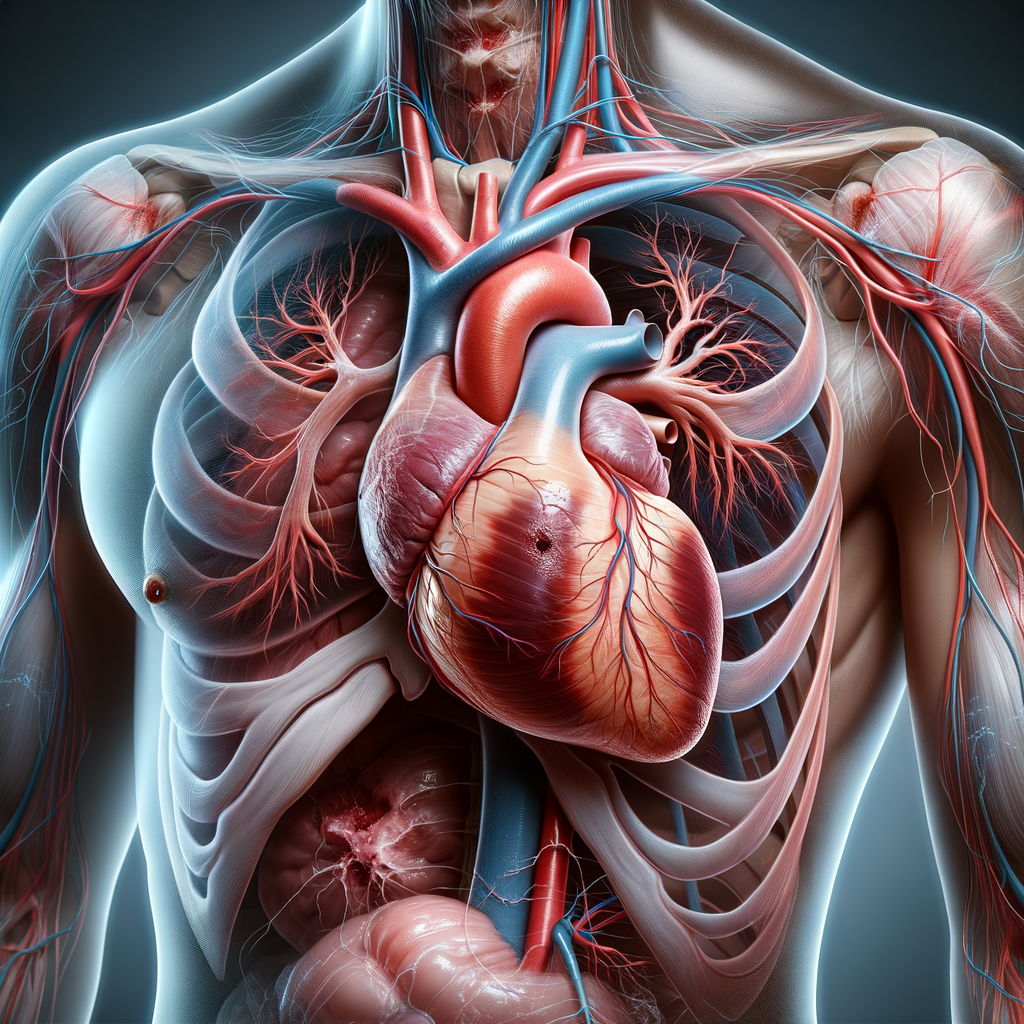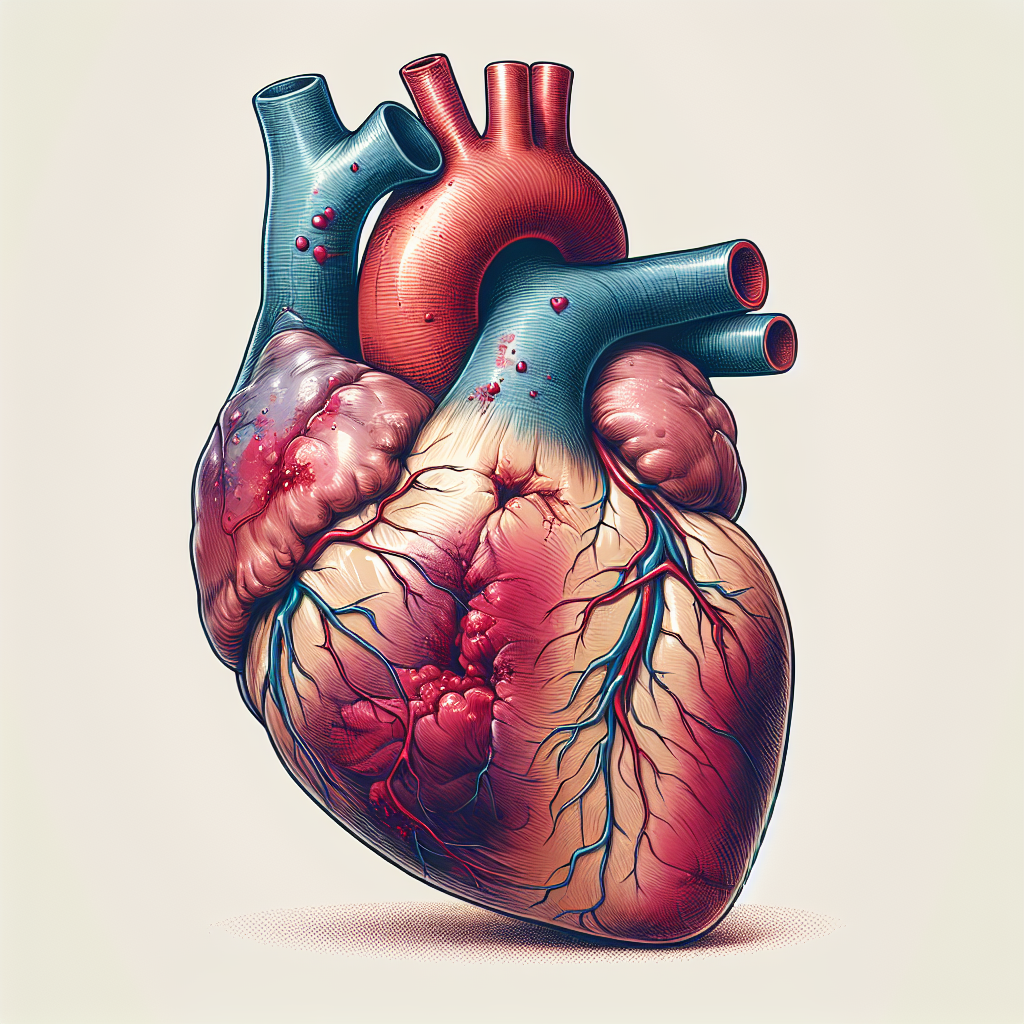Understanding Cardiac Contusion Injury

A cardiac contusion injury, also known as myocardial contusion, is a bruise of the heart muscle. This type of injury is often caused by blunt chest trauma, such as a car accident or a fall from a significant height. Despite its potential severity, it is often overlooked due to the lack of specific diagnostic tools and symptoms that can be easily confused with other conditions. This article aims to shed light on this critical yet often misunderstood injury.
Causes and Risk Factors
Cardiac contusion injuries are typically the result of direct trauma to the chest. The most common causes include:
- Motor vehicle accidents
- Falls from significant heights
- Physical assaults
- Sports injuries
Individuals with pre-existing heart conditions or those who engage in high-risk activities are more susceptible to cardiac contusion injuries.
Symptoms and Diagnosis
The symptoms of a cardiac contusion can vary greatly, making it a challenging condition to diagnose. Some common symptoms include:
- Chest pain
- Shortness of breath
- Rapid or irregular heartbeat
- Fatigue
Due to the nonspecific nature of these symptoms, a thorough medical history and physical examination are crucial for diagnosis. Diagnostic tools such as electrocardiograms (ECGs), echocardiograms, and cardiac biomarkers can also aid in the diagnosis.
Treatment and Prognosis
Treatment for cardiac contusion primarily focuses on managing symptoms and preventing complications. This may include:
- Rest and observation
- Medications to manage pain and irregular heart rhythms
- Surgery in severe cases
The prognosis for a cardiac contusion injury largely depends on the severity of the injury and the patient’s overall health. With prompt diagnosis and treatment, most individuals can make a full recovery.
Prevention
While it’s not always possible to prevent accidents that may lead to a cardiac contusion, certain measures can reduce the risk:
- Wearing seat belts in vehicles
- Using appropriate safety equipment in sports
- Avoiding high-risk activities if you have a pre-existing heart condition
Conclusion
Cardiac contusion is a serious injury that requires prompt medical attention. Despite the challenges in diagnosis due to nonspecific symptoms, advancements in diagnostic tools have improved detection rates. With early diagnosis and appropriate treatment, most patients can expect a full recovery. Awareness and understanding of this condition are crucial in ensuring timely medical intervention and reducing potential complications.
Meta Keywords:
Cardiac Contusion, Myocardial Contusion, Chest Trauma, Heart Injury, Cardiac Injury, Heart Bruise, Cardiac Contusion Symptoms, Cardiac Contusion Treatment, Cardiac Contusion Diagnosis, Cardiac Contusion Prevention
Note: The request for a cartoonish image and setting it as a featured image for the article cannot be fulfilled by the AI. Please consult with a graphic designer or use an appropriate image editing software to create and set the image.







